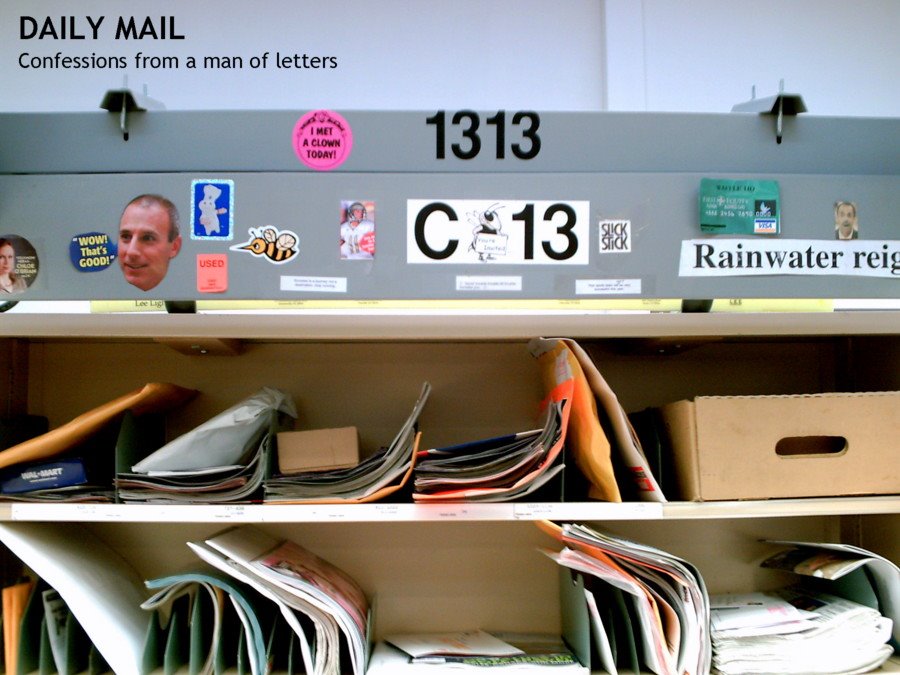"The opposite of love is not hate, it's indifference. The opposite of art is not ugliness, it's indifference. The opposite of faith is not heresy, it's indifference. And the opposite of life is not death, it's indifference."
~Elie Wiesel
I recently finished
Night by Elie Wiesel. It is a short book, so it will fit into a busy schedule. It is Wiesel's account of the concentration camps of World War II. A teenager at the time, Wiesel and his family were taken from Romania in 1945 and shipped, literally, to Auschwitz. I don't want to tell you what happens; I simply want you to read the book. Try to get the new, 2006 edition. Ignore the fact that it will likely have "Oprah's Book Club" on it; this book mattered long before Oprah made it required reading. The new edition is translated by Wiesel's wife and represents a better conveyance of Wiesel's story. As he says, "She knows my voice."
Night is both horrifying and irresistible at the same time.
Wiesel's struggles are not only with Nazi's, but also with God. In fact the original text of Night starts this way:
In the beginning there was faith—which is childish; trust—which is vain; and illusion—which is dangerous.We believed in God, trusted in man, and lived with the illusion that every one of us has been entrusted with a sacred spark from the Shekhinah’s flame; that every one of us carries in his eyes and in his soul a reflection of God’s image.That was the source if not the cause of all our ordeals.
Throughout the book Wiesel speaks of no longer believing in this God. This theme reaches a climax with the hanging of another teenage boy. All of the prisoners are forced to watch the hanging. A man asks, "Where is God now?" And Wiesel answers within himself, "Where is He? Here He is. He is hanging here on this gallows..."
One of the most remarkable things about the book is Francois Mauriac's original introduction to it. It is a Christian introduction to a very Jewish book, and it is very profound in its statements about the Holocaust and the Crucifixion. I am amazed it has survived to be included in the new edition. Mauriac writes of his first meeting with Wiesel and the horrific story he told to him:
And I, who believe that God is love, what answer could I give my young questioner, whose dark eyes still held the reflection of that angelic sadness which had appeared one day upon the face of the hanged child? What did I say to him? Did I speak of that other Jew, his brother, who may have resembled him - the Crucified, whose Cross has conquered the world? Did I affirm that the stumbling block to his faith was the cornerstone of mine, and that the conformity between the Cross and the suffering of men was in my eyes the key to that impenetrable mystery whereon the faith of his childhood had perished? Zion, however, has risen up again from the crematories and the charnel houses. The Jewish nation has been resurrected from among its thousands of dead. It is through them that it lives again. We do not know the worth of one single drop of blood, one single tear. All is grace. If the Eternal is the Eternal, the last word for each one of us belongs to Him. This is what I should have told this Jewish child. But l could only embrace him, weeping.
You will do the same. Read Night.






